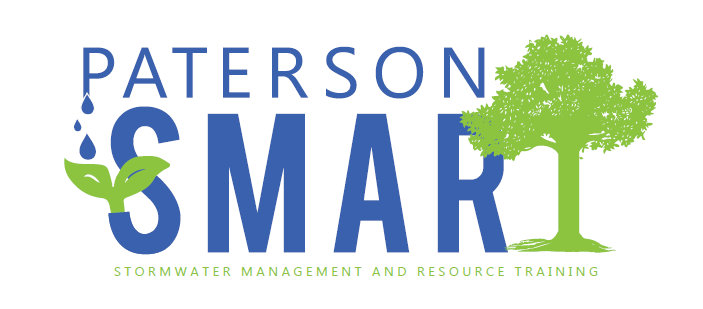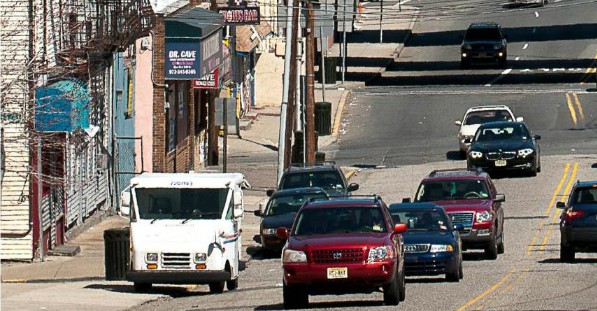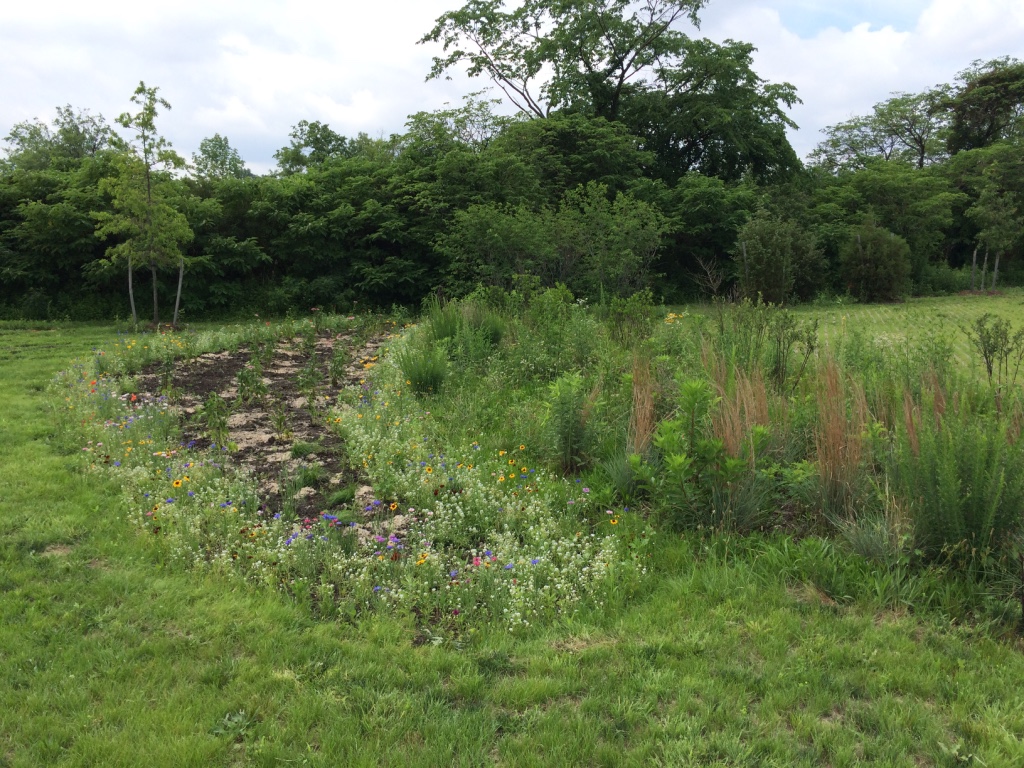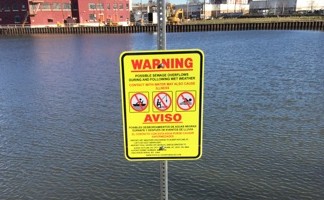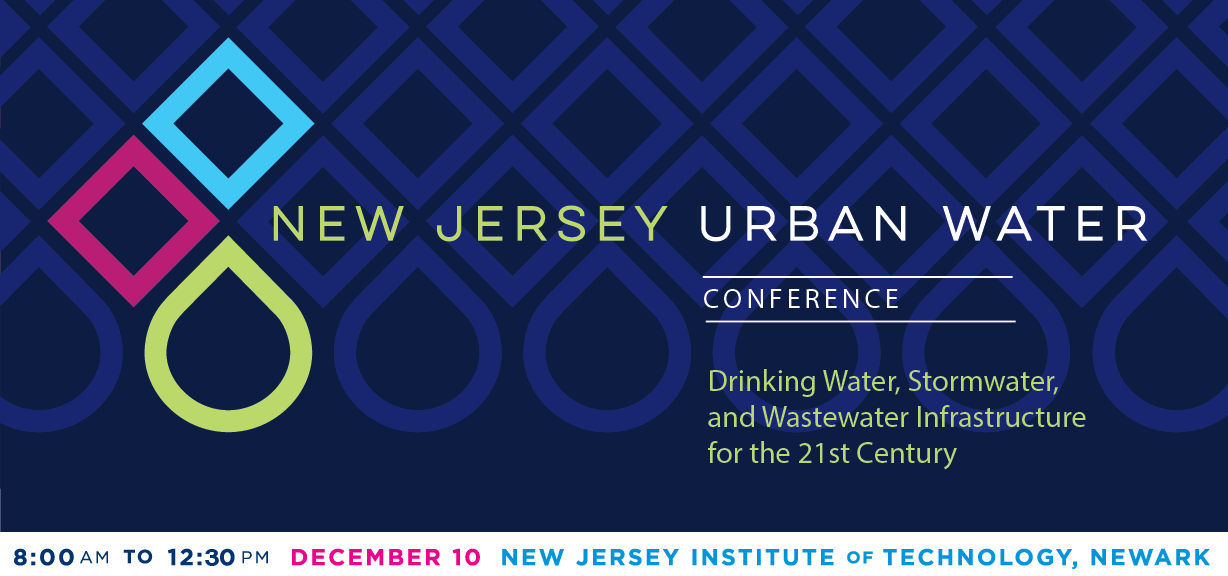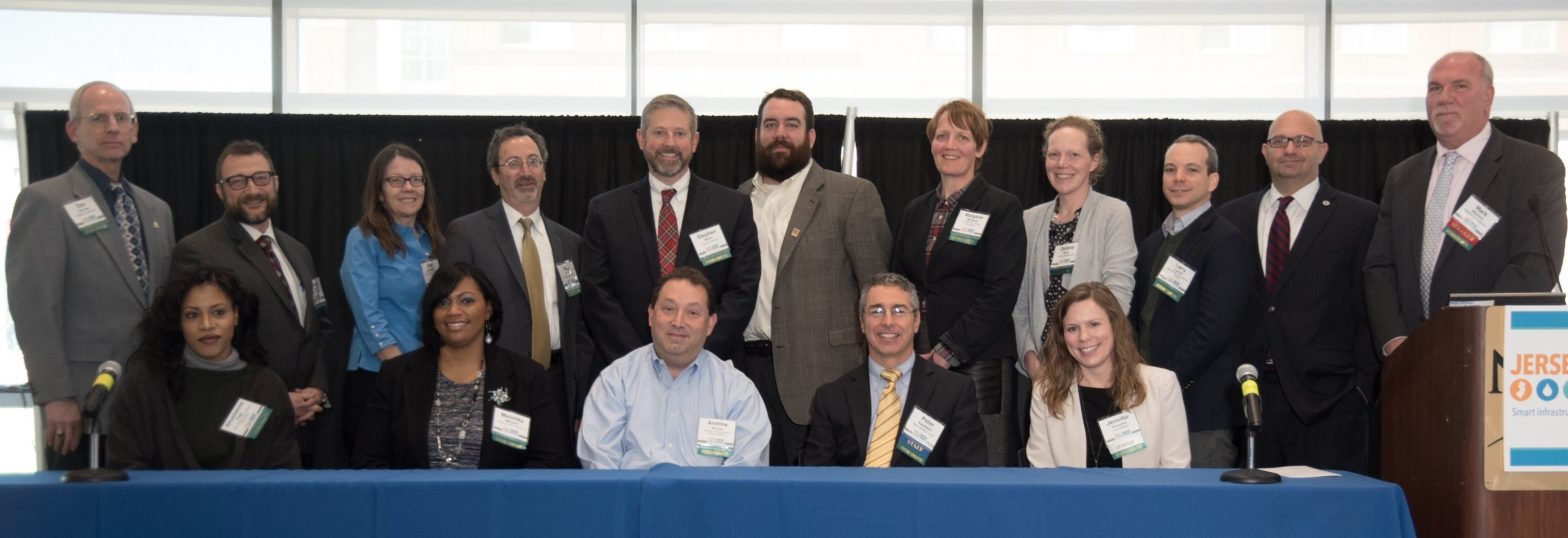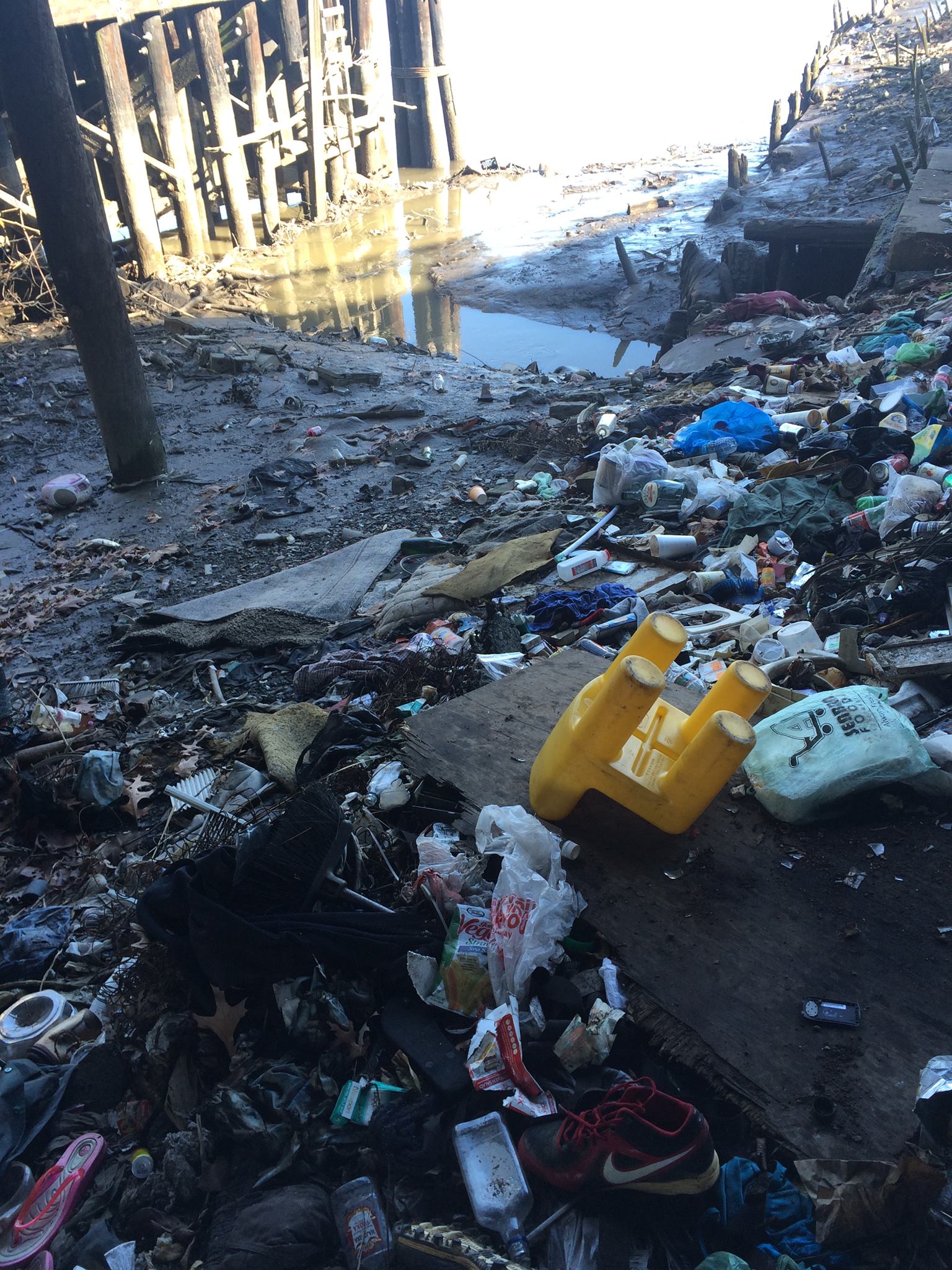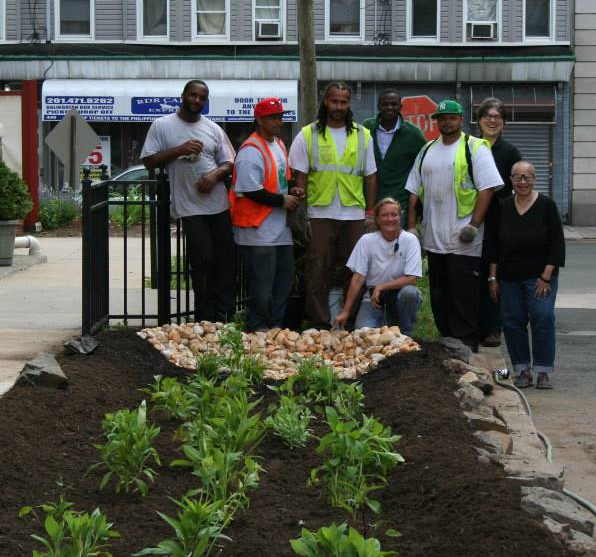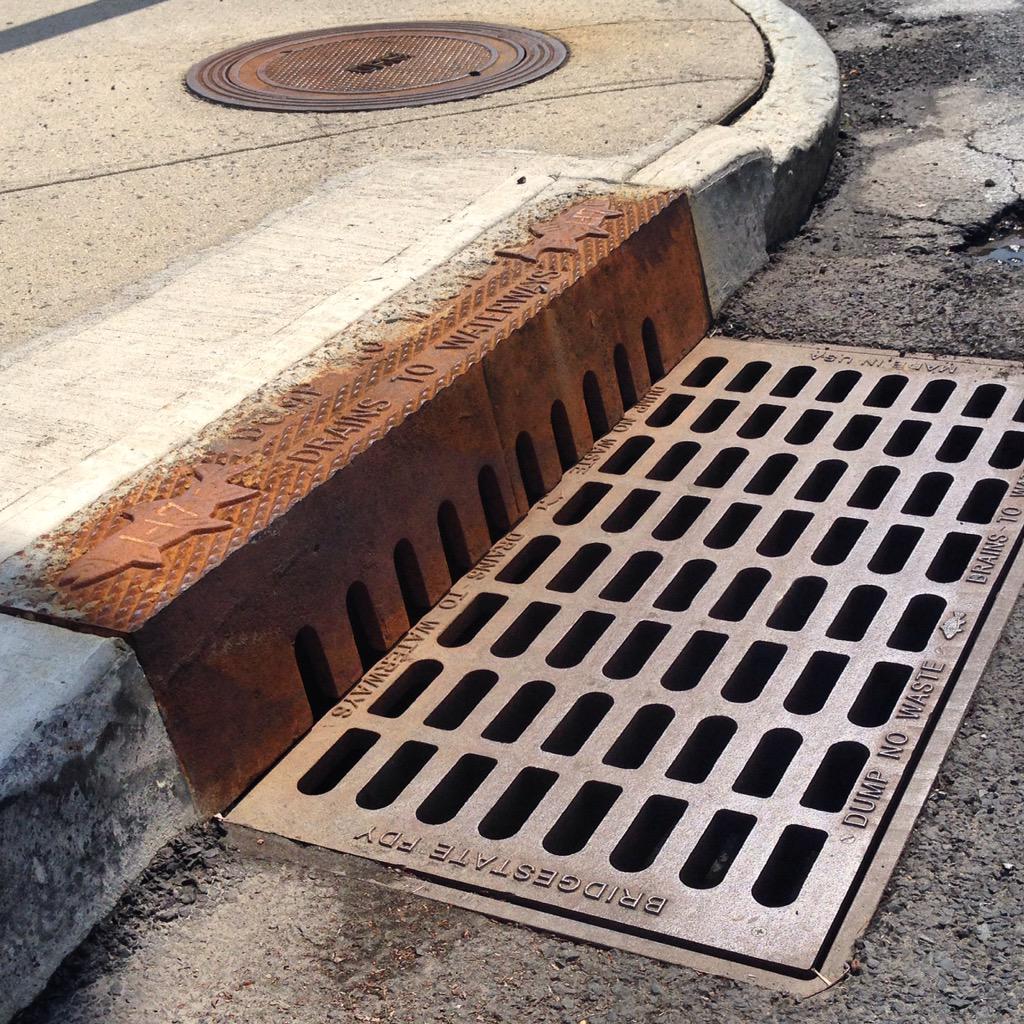Paterson SMART provides forum for coordination The City of Paterson, or Silk City, is not only one of New Jersey’s most densely populated cities but also home to 24 of 212 combined sewer overflows (CSOs) in New Jersey. These combined sewer overflows can be overwhelmed during heavy rain events, dumping raw sewage into the Passaic… Continue reading Green Infrastructure Taking Off in Paterson
Flint’s Wake-Up Call for New Jersey — and the Nation
New Jersey communities are not experiencing Flint’s dire public-health crisis. However, while our water systems are better managed and regulated, they share many of the same underlying issues, and are crying out for action. Children in Paterson, Clifton, Passaic, Prospect Park and Woodland Park, for example, face potential health impacts from lead fixtures and service… Continue reading Flint’s Wake-Up Call for New Jersey — and the Nation
Fixing Flooding in Communities Through Collaboration
Earlier this month, the Camden County Municipal Utilities Authority’s green and grey infrastructure projects earned national recognition from the Environmental Council of the States. The national acclaim is a result of a competition for the top three most innovative uses of the United States Environmental Protection Agency’s Clean Water State Revolving Fund (CWSRF) since the fund’s origin in 1987. Projects… Continue reading Fixing Flooding in Communities Through Collaboration
Sewage Overflow Warning Signs Popping Up
Twenty-four-inch by 18-inch warning signs have been popping up along waterways throughout New Jersey. “Warning” or “Aviso” can be read in bold red letters, advising community members to steer away from nearby waters during rain events that might cause combined sewer overflows (CSOs). During rain events at these sites, raw sewage can flow into waterways,… Continue reading Sewage Overflow Warning Signs Popping Up
Conference Pinpoints Water as Defining Issue for Next Generation
New collaborative introduced; will focus on upgrading water infrastructure. At the inaugural New Jersey Urban Water Conference on Dec. 10, speaker after speaker stressed the importance of water to healthy communities and economic vitality in New Jersey’s cities and towns, and cited numerous examples of how New Jersey’s inadequate water infrastructure threatens to hamper that… Continue reading Conference Pinpoints Water as Defining Issue for Next Generation
Introducing Jersey Water Works!
At the inaugural New Jersey Urban Water Conference on Dec. 10, 2015, a steering committee of thought leaders from a variety of sectors concerned about inadequate water infrastructure jeopardizing the long-term health and economic vitality of New Jersey’s cities and towns, announced the establishment of a new collective entity: Jersey Water Works. Jersey Water Works is,… Continue reading Introducing Jersey Water Works!
Entering a New Era of New Jersey Urban Water Quality
The first of two updates on the progress being made toward addressing the problem of sewage overflows in New Jersey cities. It was written by New Jersey Future graduate intern Sarah Watson. The Passaic Valley Sewerage Commission has signaled that it intends to go above and beyond the minimum requirements set in its new state… Continue reading Entering a New Era of New Jersey Urban Water Quality
Incorporating Green Infrastructure: The Time Is Now
@planning_guru’s tweets from the American Planning Association’s 2015 conference session on zoning for green infrastructure.
Raising Awareness of our Urban Water Infrastructure on #UndertheEarthDay
On April 22, we brought attention to New Jersey’s water infrastructure and green infrastructure projects with #UnderTheEarthDay and #NJWater
New Permits Should Spark Generational Community Investments
On March 12, the New Jersey Department of Environmental Protection issued final permits to the 25 cities and utilities that operate combined-sewer systems (CSSs), a first step to updating decrepit infrastructure, minimizing flooding and keeping raw sewage from reaching public waterways. The new permits require affected towns and sewer treatment authorities to create and adopt plans… Continue reading New Permits Should Spark Generational Community Investments
